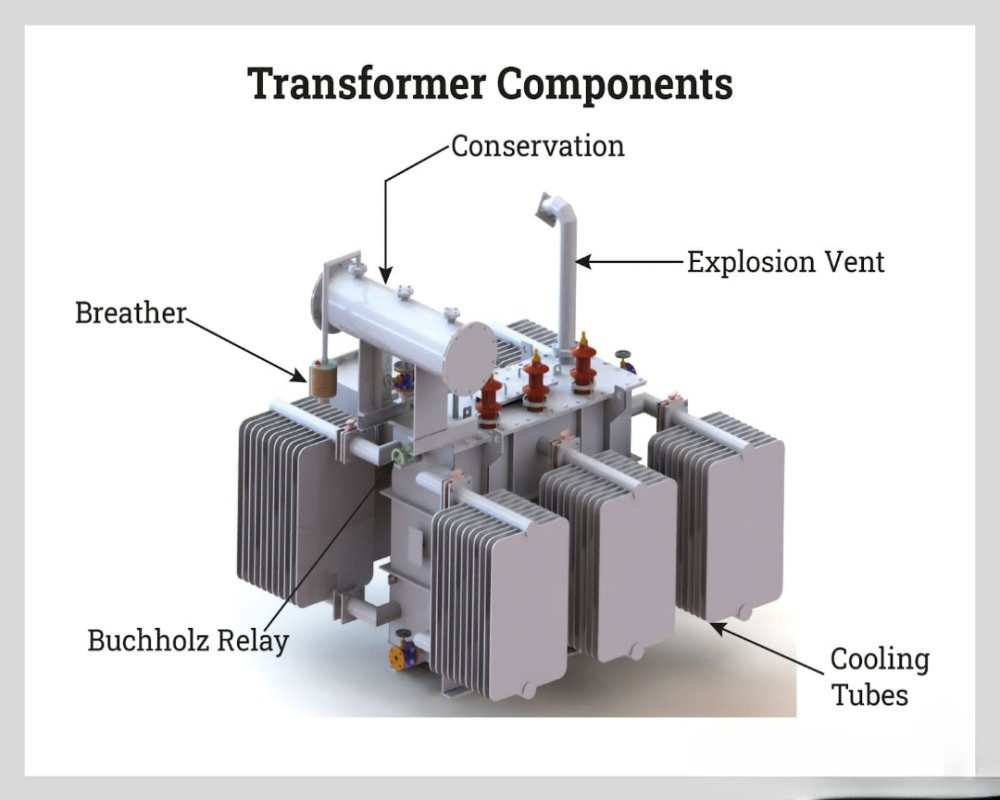Introduction
Water pressure plays a vital role in the functionality and success of commercial utilities. Whether it’s for office buildings, manufacturing plants, retail centers, or healthcare facilities, maintaining the right water pressure is essential to support daily operations, ensure occupant comfort, and protect critical infrastructure. Water pressure affects everything from fire suppression systems and restrooms to cooling towers and irrigation, making it a core component of utility planning and management.
Operational Efficiency
Consistent and adequate water pressure ensures that all water-dependent systems function smoothly. Commercial kitchens, laundries, laboratories, and HVAC systems rely on stable pressure to perform efficiently. Insufficient water pressure can slow down operations, lead to machinery malfunctions, and ultimately increase operating costs.
Health and Safety Compliance
Proper water pressure is necessary to meet health codes and safety standards. Facilities like hospitals, hotels, and restaurants require specific minimum pressures to ensure sanitation systems, showers, and drinking fountains work correctly, safeguarding public health and hygiene.
Fire Protection Systems
Commercial properties must have sufficient water pressure to support fire suppression systems such as sprinklers and standpipes. Low pressure can compromise fire safety, risking property damage and endangering lives. Many building codes require that fire systems be tested to ensure they maintain minimum pressure during emergency situations.
Customer and Tenant Satisfaction
In retail centers, office buildings, and hospitality venues, poor water pressure can create a negative experience for customers and tenants. Weak showers, slow toilets, and malfunctioning fixtures can lead to complaints, loss of tenants, and damage to a property’s reputation.
Equipment Longevity
Fluctuating or low water pressure can cause strain on mechanical systems like boilers, water heaters, and pumps. Over time, this can lead to premature wear and costly repairs or replacements. Stable pressure helps maintain equipment in optimal working condition, reducing maintenance costs.
Irrigation Systems
Landscaping is an important aspect of commercial properties. Irrigation systems require consistent water pressure to distribute water evenly across gardens, lawns, and green spaces. Inadequate pressure can cause dry spots or overwatering, affecting curb appeal and property value.
Water Conservation
Properly regulated water pressure prevents wastage. High pressure can lead to excessive water use, leaks, and burst pipes, increasing utility bills and wasting precious resources. Water-saving fixtures and devices operate best when the system is maintained within designed pressure ranges.
Adaptability to Peak Demand
Commercial properties often face fluctuating water demand based on occupancy and activities. Strong system design ensures that even during peak periods, such as during lunch breaks in office complexes or full occupancy in hotels, water pressure remains stable and sufficient.
Infrastructure Protection
Sudden changes in water pressure can cause “water hammer,” a shock wave that damages pipes, joints, and fixtures. Proper pressure management avoids such damage, protecting the entire utility infrastructure from costly and disruptive failures.
Regulatory Requirements
Building codes and utility standards often specify required water pressure levels for commercial developments. Failing to meet these standards can delay project approvals, lead to fines, and necessitate expensive retrofits to bring systems into compliance.
Conclusion
Water pressure is a foundational aspect of commercial utility systems, impacting everything from operational performance to regulatory compliance and customer satisfaction. Careful design, continuous monitoring, and proactive maintenance of water pressure systems help protect property investments, ensure smooth daily operations, and promote sustainable water use. In short, without proper water pressure, no commercial utility system can function reliably or efficiently.
Hashtags
#TransformerPlacement #IndustrialInfrastructure #PowerDistribution #ElectricalEngineering #EnergyEfficiency #InfrastructureDevelopment #IndustrialPower #ElectricalSafety #PowerSystems #GridStability #RenewableEnergy #SmartGrid #EnergyManagement #ElectricalDesign #UtilityInfrastructure #PowerQuality #SustainableEnergy #IndustrialSolutions #ElectricalInstallation #Transformers


